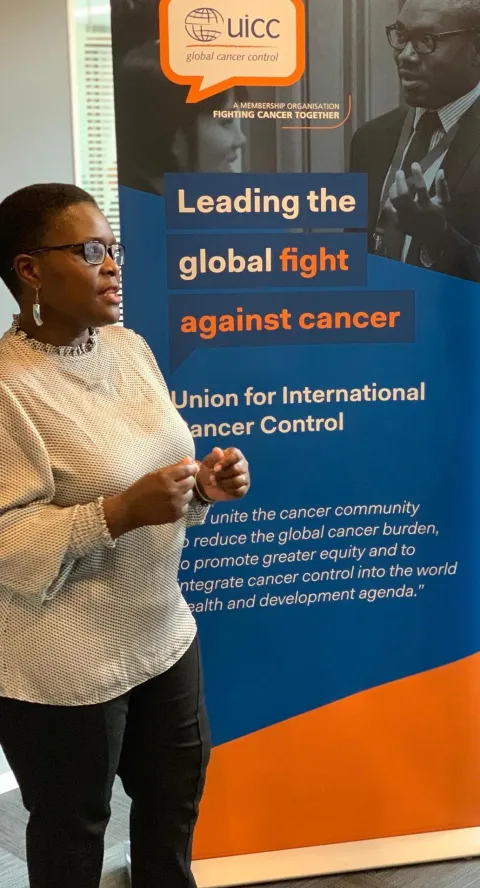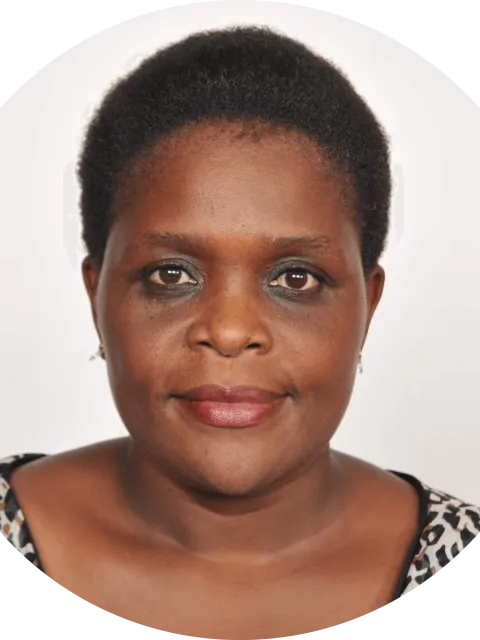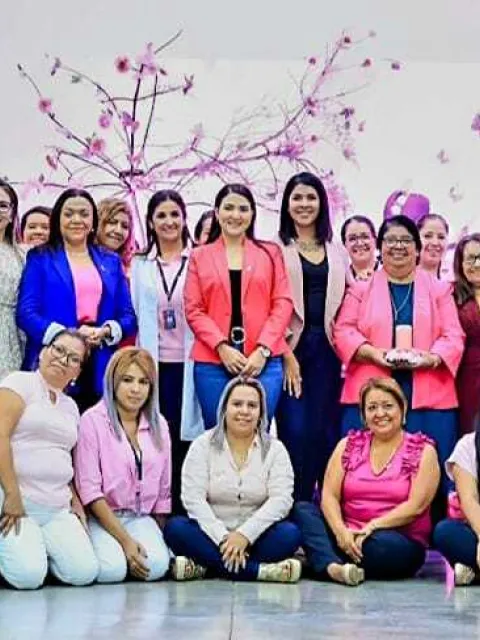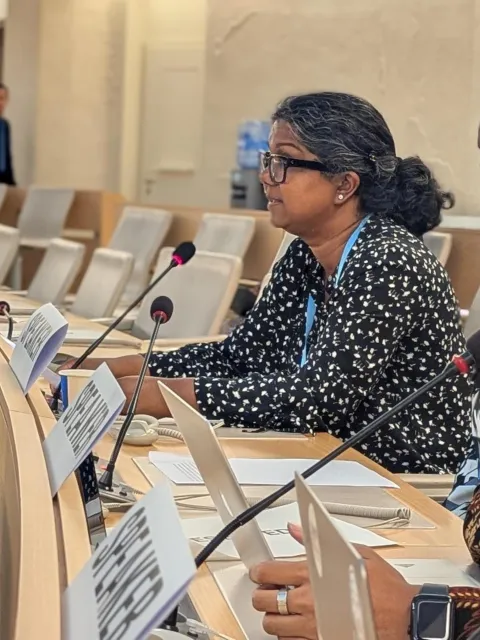Beyond the cancer control community: Coming together for the World Health Assembly

Historically, UICC offers opportunities for its members to convene with the global cancer control community through keystone events, such as the C/CAN City Challenge 2025, World Cancer Congress, World Cancer Leaders’ Summit and World Cancer Day, of which WOCACA has participated in the three latter events.
UICC also enjoys formal and productive relationships with many partners across the health and development sectors, which are directly or indirectly related to cancer and which also convene collaborative meetings on common interests. One such meeting is the WHA in Geneva, in which I was able to participate this year as part of UICC’s delegation.
Bridging the global health divide through crosscutting collaboration and integrated primary healthcare
On Friday, 17 May, I participated in the Civil Society Consultation on Cervical Prevention and Control training, which was hosted by UNAIDS, WHO, UICC and #BeTeamWomen. The consultation aimed to:
- Increase knowledge of cervical cancer prevention and control (screening, diagnosis, treatment and palliative care), as well as awareness of the Elimination of Cervical Cancer Initiative among civil society and community partners
- Mobilise and advocate for civil society engagement in the elimination of cervical cancer as a public health challenge, including a focus on demand creation, accountability and integration of Sexual Reproductive Health Rights (SRHR) and HIV services
- Identify areas where global partners can provide support to ensure networks living with HIV and the SRHR movement meaningful engage in the elimination of cervical cancer and facilitate an exchange of perspective with cancer-focused organisations to explore the potential for coalition building at regional and national levels.
The consultation allowed civil society from different disease groups to gain an understanding of the ambition to eliminate cervical cancer in all countries, illustrating how this relies not only on the cancer community but also on global advocates from HIV, SRHR and women’s rights movements for its success.

Maud Mwakasungula at the UICC offices in Geneva, Switzerland
On Sunday, 19 May, I was also able to join the UICC team in supporting the World Health Organization (WHO) at the #WalktheTalk #HealthforAll challenge event at the United Nations. In its second year, this event aimed to promote physical activity as part of a sustainable future. UICC President HRH Princess Dina Mired spoke on a panel at the close of the event, calling for improvements in equal access to women’s health services, a topic close to the heart of my work in Malawi. WOCACA’s national advocacy work is to lobby for good quality health services and to ensure women do not walk long distances and incur out-of-pocket health expenses to access these services.
Later that afternoon, with fellow global advocates, I attended the fourth roundtable on “Cervical Cancer: An NCD we can overcome,” which was an interactive discussion with partners on different funding opportunities to address the global call to action on cervical cancer and translate this into national action. WOCACA is an active participant in this call to action.
`In Malawi, we call for cervical cancer services to be integrated into different existing health platforms, like maternal health or HIV clinics, so that one visit to the health system provides the same opportunity to access cervical cancer services to reduce mortality. A woman needs to be treated or looked at holistically.`
Civil society should work collectively to encourage and pressure governments to influence policy based on the call to eliminate cervical cancer globally and ensure that investments are made for the implementation of this initiative. There should be commitment and resources made available from decision makers, as well as continued community engagement to motivate positive outcomes through demand creation and by addressing socioeconomic barriers.
That same evening, I attended a reception hosted by the NCD Alliance (NCDA) and UICC. The reception celebrated the 10-year anniversary of NCD Alliance with the aim to announce the next Global NCDA Forum, to promote the voices of people living with NCDs and to hear from civil society organisations about the importance of UICC’s initiative “Treatment for All.” I had the privilege of giving a brief speech to the audience, who included representatives of permanent national missions based in Geneva, supporters of UICC and NCD Alliance, representatives of national and regional NCDs Alliances, private sector organisations and other NGOs. I encouraged governments to fulfil their obligations to reduce the cancer burden, prioritising cancer control and treatment for all, with concentrated efforts to improve access to data, early detection and early diagnosis, timely treatment and palliative care.
Finally, as part of the UICC team, I was able to attend the opening of the 72nd WHA, and one side event on “Primary Health Care Towards Universal Health Coverage and Sustainable Goals.” This session acknowledged the barriers in access to the health system in communities, and called on government, global development partners, civil society and other stakeholders to work together to provide health services without any financial constraints so as to “ensure healthy lives and wellbeing for all at all ages,” and across all diseases, as Universal Health Coverage proposes to do.
Overall, the knowledge I acquired will help me engage with patient groups and other civil society organisations in cancer control and beyond to collectively lobby and encourage governments to increase integration of cancer services into existing health platforms, to ensure accessible, affordable and quality cancer services and to develop meaningful partnerships with donors who should support these collaborative initiatives with resources. I had the privilege to engage with other participants across the diverse divide in health, finding, above all else, that we were united in our pursuit of a healthier tomorrow, and that my work in Malawi contributes to a much bigger picture of global health.
Last update
Friday 28 May 2021Share this page


